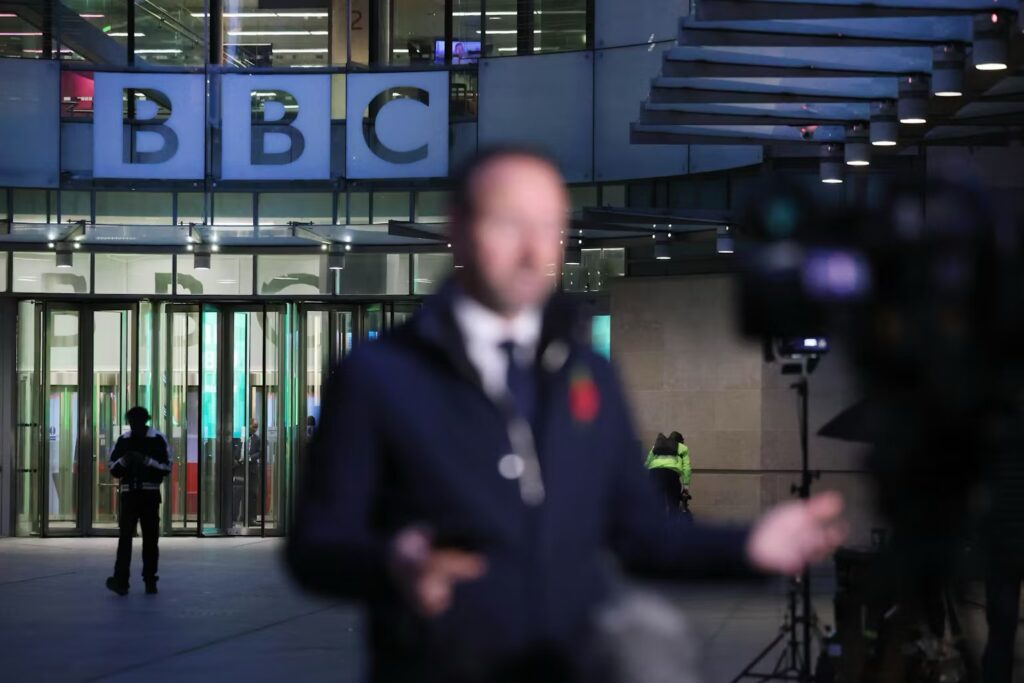The repercussions of the USAID funding halt have left individuals in Uganda and Malawi grappling with a profound health crisis. Mike Elvis Tusubira, a 35-year-old motorcycle taxi rider living with HIV in Uganda, is facing the disintegration of his marriage as essential medical supplies for safe sex become nonexistent. With his wife reliant on PrEP, a medication that prevents HIV, the couple fears they can no longer be together without the risk of transmission. “Without preventive measures, she's not going to stay," he disclosed, highlighting the urgent need for medical resources that have been cut off.
Adding to his distress, Tusubira is unable to access life-sustaining anti-retroviral drugs (ARVs) after a 90-day freeze on foreign aid initiated by US President Trump on his first day back in office. In this abrupt cessation of funding, Tusubira lost the essential support he received from USAID and other NGOs, leading to missed medical appointments and a concerning lack of clarity about his health status. “I'm moving in the dark...I don’t know whether my viral load is suppressed," he lamented, conveying the trauma of uncertainty that many face.
The freeze has similarly disrupted services in Malawi, where the Macro Mzuzu Clinic, a key provider of HIV services, has shut its gates. Eddah Simfukwe Banda, a 32-year-old farmer dependent on ARVs, fears for her family's future with dwindling supplies. “We have to pray… those of us that believe depend on a God who opens doors," she stated, underscoring a deep-seated reliance on external aid in a country grappling with systemic health care challenges.
Healthcare workers like Dr. Shamirah Nakitto, who served countless patients daily, have also faced the brunt of USAID's funding freeze. Without proper transitional procedures, the entire health infrastructure crumbled overnight, leaving a palpable void in care for the most vulnerable populations.
Concerns have escalated on a wider scale, as experts warn this disruption could reverse years of progress in the fight against HIV and AIDS in sub-Saharan Africa. Winnie Byanyima, head of UNAids, cautioned that the loss of critical support could lead to millions more contracting the virus or succumbing to Aids-related complications in the coming years. The urgency of the situation cannot be overstated; according to Médecins Sans Frontières, consistent HIV treatment is non-negotiable for patient survival.
With fears of being left without treatment, Tusubira shared his bleak outlook, contemplating a return to his village once his supply of ARVs runs out. “If I die, they just bury me there,” he said in despair, highlighting the lengths to which individuals have been forced to consider as critical aid becomes inaccessible.
As the situation remains dire, there are calls for immediate intervention from African governments and global health organizations to address the fragility of healthcare systems that hinge heavily on external funding. Without urgent action, the future looks uncertain for many individuals dependent on crucial medical support in Uganda and Malawi, illustrating the far-reaching implications of policy decisions on individual lives.





















